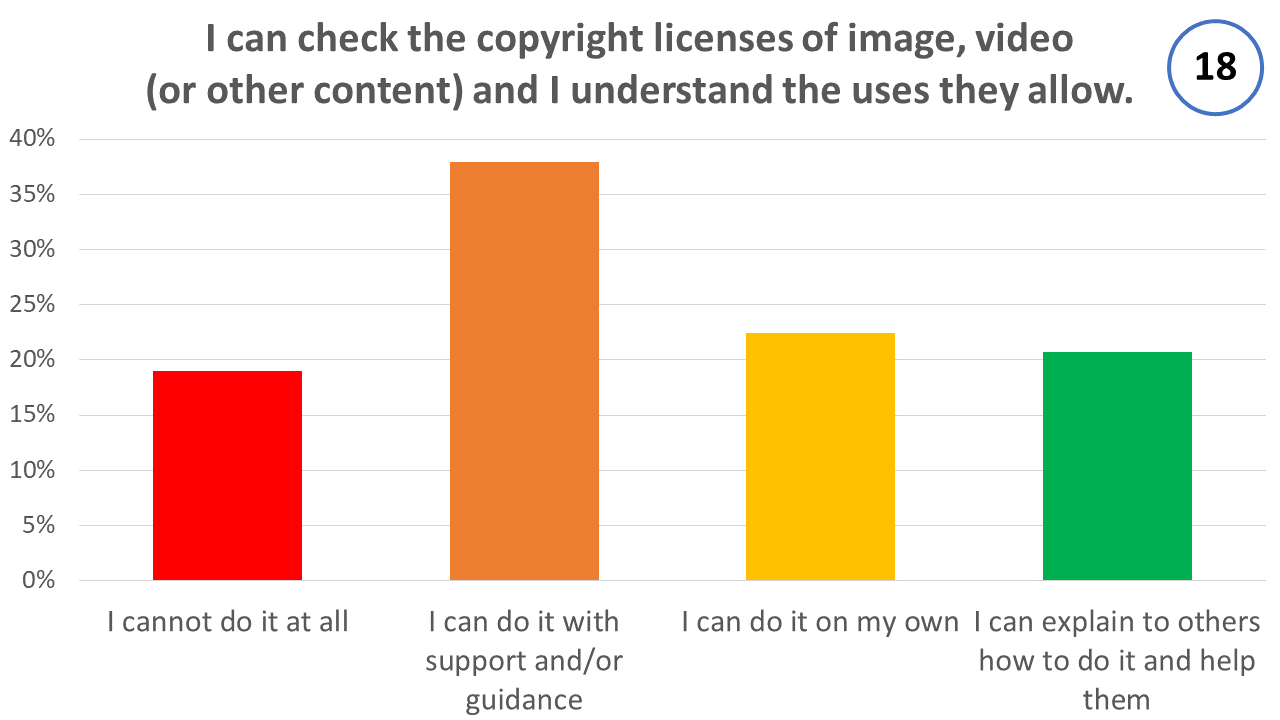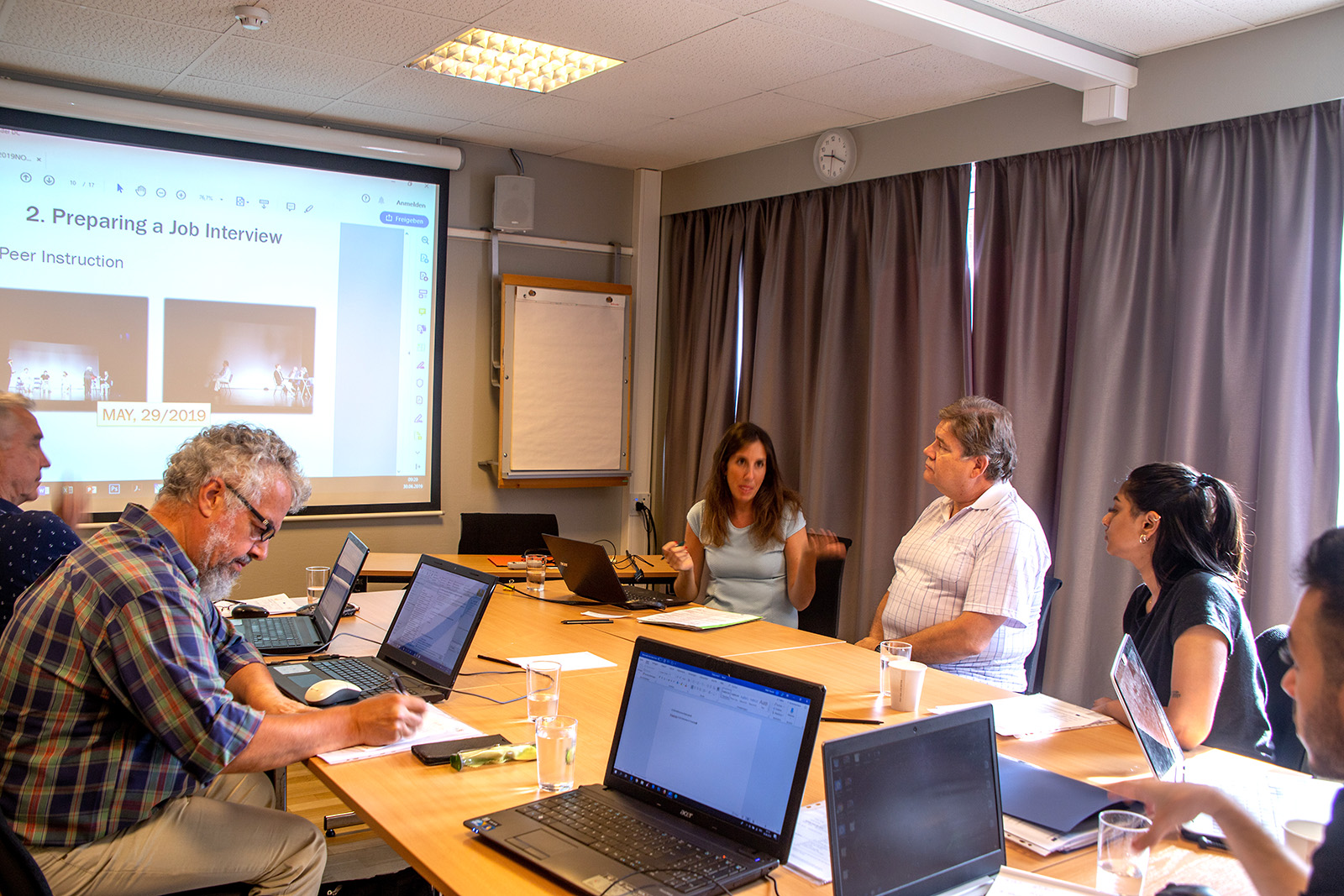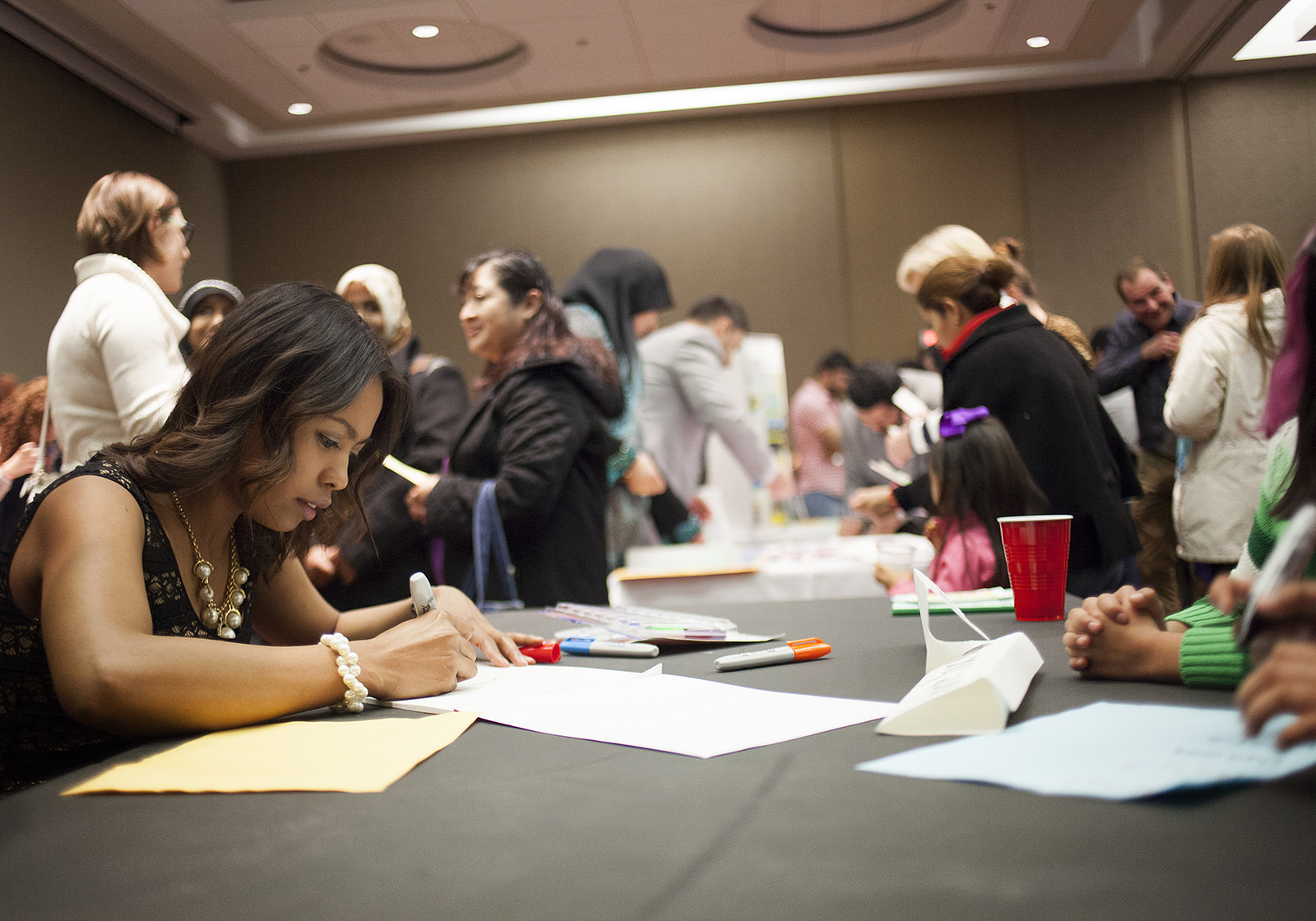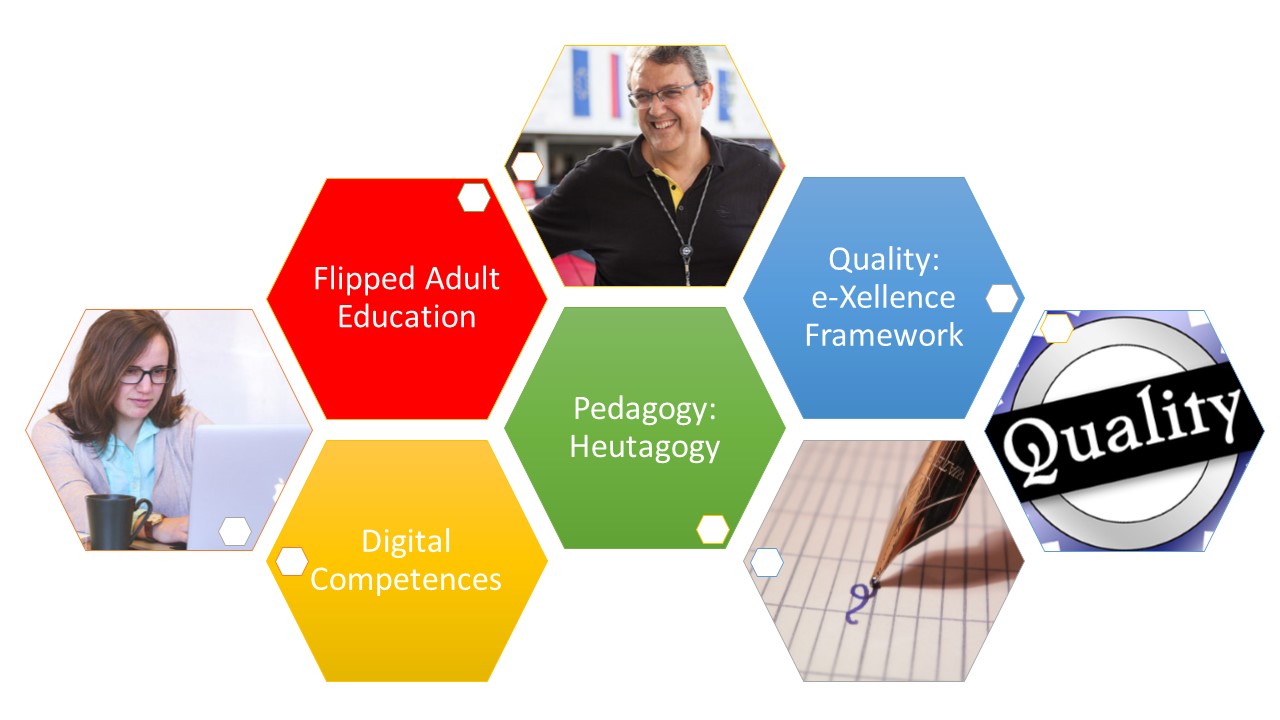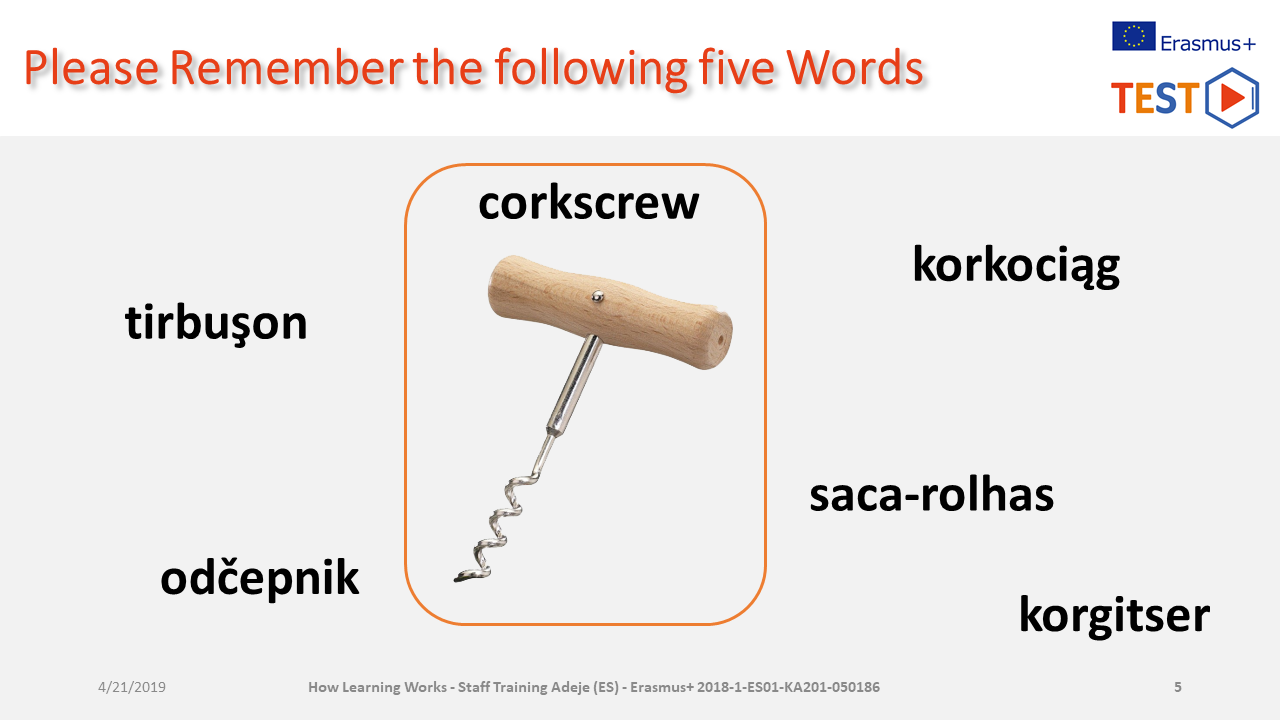
Sustained Learning – The CorkScrew Experiment
Today’s learning often is mixed up with information procurement, especially when it is done with smartphones: Someone is searching for some information, takes the smartphone, checks “oncle Google” and finds the requested information. Now he thinks he has learned something. Short time later (that can be even minutes) he has forgotten, what he had found. Read More …

